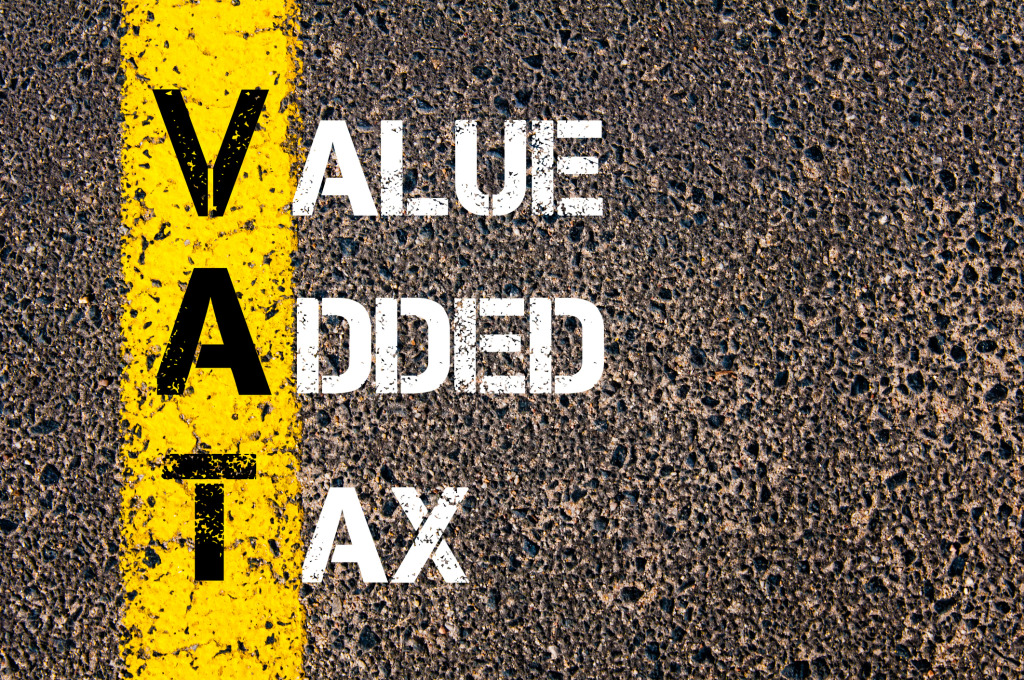
In the previous edition of our Newsletter, we already informed you about the amendment to Act No. 222/2004 Coll. on Value Added Tax (hereinafter referred to as the “Amendment”). The Amendment has undergone an interdepartmental comment procedure, which has brought several changes compared to the original version.
Here are some of the most important changes:
- Registration obligation of domestic taxpayers – the original draft of the Amendment increased the turnover threshold from the current EUR 49,790 to EUR 50,000. In addition to the original draft, a new, higher threshold of EUR 62,500 has been introduced. If the taxpayer’s turnover exceeds EUR 50,000 in a given calendar year, they become a VAT payer as of January 1 of the following calendar year. If their turnover reaches the limit for the higher threshold, they will become a taxpayer as soon as the amount of EUR 62,500 is reached. If a tax entity applies for registration on the grounds of reaching the lower threshold of EUR 50,000 and a significant change occurs before the end of the calendar year which makes the tax entity a taxpayer with immediate effect, the tax entity is obliged to immediately notify the tax office accordingly.
The National Council of the Slovak Republic has also received a parliamentary proposal to increase the turnover threshold for VAT registration to as much as EUR 75,000, which, according to the submitters, should reduce the administrative burden for small entrepreneurs.
The time limit for submitting an application for registration is also extended from 5 calendar days to 5 working days, starting from the day when the turnover was exceeded or when the taxable person became a taxpayer based on another title. The same time limit for filing an application for registration should also apply to foreign taxpayers for whom the time limit was originally set to immediately.
- Delayed VAT registration – a definition is introduced for a taxpayer who has not fulfilled their registration obligation under Section 4 or Section 5 of the VAT Act or where this registration has been delayed. This also applies to a taxpayer who has not complied with the notification obligation due to reaching the lower threshold, if a significant change occurs before the end of the year which makes them a taxpayer immediately.
- Exemption from tax – the Amendment adds that the acquisition of goods from another EU Member State is not subject to tax if the acquirer is a non-taxable person who is entitled to a tax refund (tax refund to persons using international privileges and immunities).
- Tax return – domestic taxpayers will not be obliged to file a VAT return if they only carry out transactions that are exempt from tax under Sections 28 to 42 of the VAT Act (e.g. financial or insurance services) during the tax period.
The entry into force of the Amendment has been postponed after the interdepartmental comment procedure, with most of the provisions expected to take effect as of January 1, 2025.
